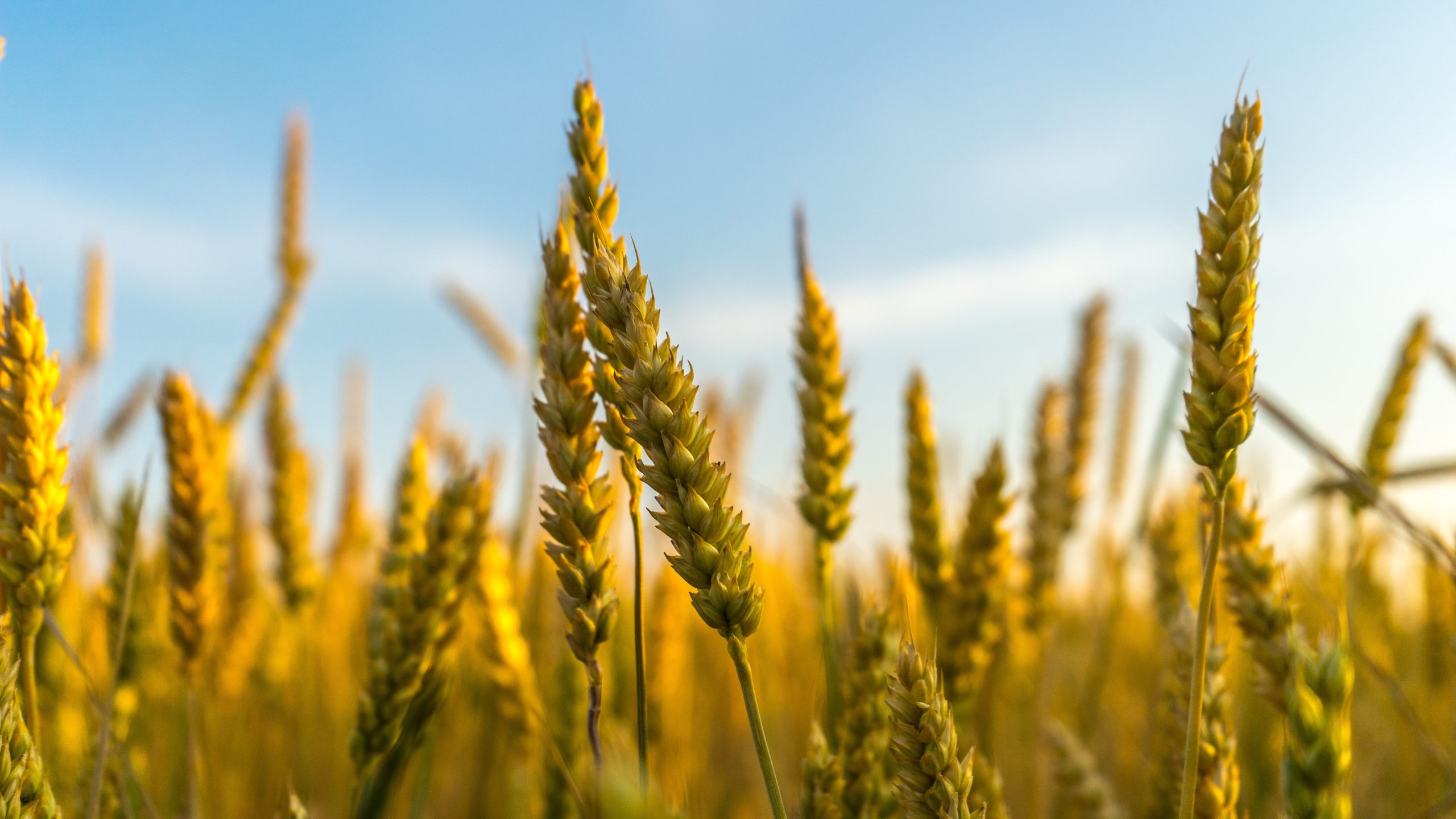In recent years, food security has become a major global concern. However, while much of the focus has been on issues like climate change and the global population, there is another crisis looming in the food world that has gone largely unnoticed: the loss of pollinators.
Pollinators, such as bees and butterflies, play a crucial role in food production by transferring pollen from one plant to another. This process is necessary for the plants to produce fruits and vegetables that we rely on for food. Unfortunately, the populations of these pollinators have been declining rapidly in recent years due to a number of factors, including habitat loss, pesticide use, and climate change.
This decline in pollinators is having a profound impact on food production. Without pollinators, many crops simply will not grow. This is already becoming evident in many parts of the world, where farmers are struggling to produce crops due to the lack of pollinators. In some cases, farmers are being forced to resort to hand-pollination, which is time-consuming and expensive.
The loss of pollinators is also having an impact on the food supply chain. As crop yields decline, the price of food is likely to increase. This is because less food will be available, and what is available will be more expensive to produce. In addition, the loss of pollinators could have a ripple effect throughout the food industry, as companies that rely on these crops for their products may be forced to find alternative sources of ingredients.
The situation is particularly dire in the developing world, where many farmers rely on small-scale agriculture to feed their families and communities. These farmers are often the most vulnerable to the loss of pollinators, as they have limited resources to adapt to the changing environment. In some cases, the loss of pollinators could even lead to food shortages and famine.
Despite the severity of the situation, the loss of pollinators has received relatively little attention in the media and the public sphere. This is partly because the issue is complex and difficult to understand, and partly because it is not as immediately visible as other environmental issues like deforestation or air pollution. However, the consequences of this crisis could be catastrophic for food security and for the millions of people who rely on small-scale agriculture for their livelihoods.
There are some steps that can be taken to address the loss of pollinators. These include reducing the use of pesticides, protecting natural habitats, and promoting sustainable farming practices. However, more needs to be done to raise awareness of the issue and to ensure that these measures are implemented on a large scale.
In conclusion, the loss of pollinators is a major threat










